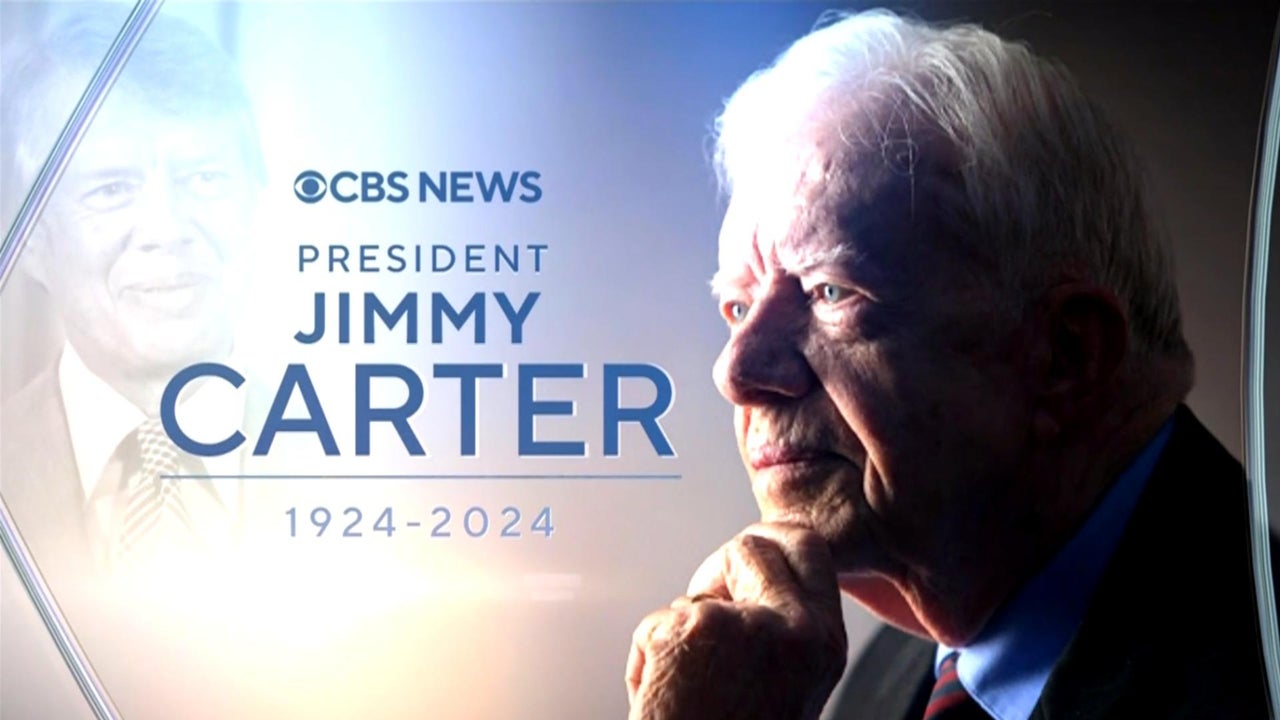* * * *

* * * *
12/31/24 – It’s been 18 days since I last posted, in December 13’s Advent ’24 – and “Woe unto you Israel?” In the time since, I’ve taken a 10-day, 2,000 mile road trip up to West Springfield Massachusetts (and back), taken six hours of train rides (one long Sunday, 12/15) down to New York City and back, seen the play Chicago at the Ambassador Theater just off Broadway, and gone through a process of preparing for and going through two family Christmases, one on the day itself and one three days later for the whole extended family. (Including out-of-towners.)
So yeah, I’ve been busy…
But not to despair, we are still within the “12 days of Christmas,” both a festive Christian season and title of a host of songs and spin-offs (including one on a Mustang GT):
The Twelve Days of Christmas is the festive Christian season, beginning on Christmas Day (25 December), that celebrates the birth of Jesus Christ, as the Son of God. This period is also known as Christmastide… The Feast of the Epiphany is on 6 January [and] celebrates the visit of the Wise Men (Magi) and their bringing of gifts to the child Jesus. In some traditions, the feast of Epiphany and Twelfth Day overlap.
But also mixed up in this slew of Christmas-season celebration-days we find the urge to ponder the past year (2024), and Christmastide-times of years before, and maybe – with enough time and energy – some thoughts about what kind of 2025-year we may be heading into.
For starters we could look back at The 12 Days of Christmas, from January 4, 2015. (And yes that was 10 years ago; I counted on my fingers.) That post noted that aside from a church season, the “12 days” were also featured in an English Christmas Carol – thought to be of French origin – first published in 1780. (A “cumulative song,” meaning each verse “is built on top of the previous verses.”) One common theory said the original lyrics were part of a “secret Catholic code,” going back to a time – from the 16th to the 19th century – “when being a Catholic was a crime in Protestant England.” (As a sneaky way for Catholic children to learn their faith.)
But enough of way-long-ago history. (Aside from the fact that Catholics survived “even to this day,” despite being persecuted for their faith by the powers that be.) From that 2015 post we could fast forward to 2020 – A Christmas[tide] like no other? Four years ago at this time of year we were just at the start of the COVID-19 pandemic; the first case in China happened in mid-November 2019 and the first confirmed U.S. case came on January 19, 2020. But as to that “like no other” question, the short answer is, “No, we actually had a similar near-Christmastide-time of disaster, back in 1918. when the Spanish flu pandemic started in February that year and lasted until April, 1920.” (Two years and two months? And in another “deja vu all over again,” the culprit was the H1N1 flu virus, which also caused the 2009 swine flu pandemic.)

Then we could move on to Welcome to Christmas, 2021, which led off with the image at left, “Stink, stank, stunk!” (A year that started off with the January 6 Capitol attack and ended – as of December 5 – with COVID and its variants having claimed the lives of some 803,045 Americans.) Perhaps not surprisingly, I included a note on why it seems that so many bad things happen to so many good people? Which could include at least one silver lining:
There is much we can do to alleviate each other’s suffering when adversity strikes. Our support and empathy toward our fellow human beings in their time of need helps them not only materially but demonstrates to them that they matter… When we act kindly, it also gives meaning to our own life, as we see that we matter to others.
Which I thought was pretty much what Christians are supposed to do anyway. (Show empathy, and try to alleviate the suffering of others. And which was pretty much the point of my post, Another view of Jesus feeding the 5,000.) That rather than waiting on God to perform miracles, we should get to work on problems ourselves. Which brings up the “Christmas spirit.”
The fact that we’ve survived these past catastrophes had to do with Christmas spirit. (Plus the fact that Americans are so ornery; we hate being told what to do.) Anyway, I Googled the phrase “what is Christmas spirit” and got 4,180,000 results. One answer: Christmas Spirit – Its Real Meaning | 7th Sense: That spirit shows in three simple actions: Giving, Appreciating, and Doing service. Another answer: What is Christmas Spirit? – Scientific American Blog Network:
The code of generosity, kindness, and charity toward others is enforced by no one other than ourselves. There are places where this code is strong, and these places (or people) are said to have strong Christmas spirit… After all, we are the sum of the individuals around us who generate the collective force that governs and organizes our social structure… When we “act out” Christmas spirit, we’re making visible this collective force, and we give it power.
So one message from all this Christmas spirit – in spite of all the obstacles life throws at us – could be that “A ‘time of pestilence’ can show there are more things to admire in people than to despise.” (Not that that has anything to do with the coming year, or two, or four…)
Speaking of which, Jimmy Carter just died – at the ripe old age of 100 – and his passing led to some “temporary moments of rapprochement” amid the barrage of “insults and smack talk” so much a part of politics lately. Even Donald Trump – not known for sensitivity to political opponents – was led to call Carter “’a truly good man’ who will be missed,” and to have flags flying at half-mast – in Carter’s honor – at his Mar-a-Lago estate in Palm Beach.
Which could be a good start. “Way to go Jimmy!” Now maybe we’re ready for 2025?
* * * *

* * * *
The upper image is courtesy of The Twelve days of Christmas, with the full caption, “Twelfth Night (The King Drinks) by David Teniers c. 1634-1640.” I borrowed from the 2015 post, On the 12 Days of Christmas. Although it was posted on January 4, 2015, I noted that I’d “left town at 5:00 on the afternoon of Sunday December 21, thinking that he had already published this post on the “12 Days of Christmas.” But somewhere along the line [I] dropped the ball – metaphorically or otherwise – and here it is, Sunday, January 4th.” Meaning I meant to post it before leaving town, “to face the icy arctic blasts of Yankee-land for Christmas;” i.e., Massachusetts. The post includes a link – “for the sake of completeness” – to Jeff Foxworthy – Redneck 12 Days Of Christmas Lyrics, and/or 12 Redneck Days of Christmas by Jeff Foxworthy – YouTube.
The Book of Common Prayer reference: The “corporate-mystical” prayer is on page 339, the post-communion prayer for Holy Eucharist, Rite I.
“Feast days” are designated days on the liturgical (church) calendar “set aside to commemorate events, saints, or doctrines that are important in the life of the Church. These can range from Solemnities, which are the highest-ranking feast days like Easter and Christmas, to optional memorials that celebrate lesser-known saints.” Feast Days: Celebrating the Church’s Calendar.
For this post I borrowed from the 2015 post, On the 12 Days of Christmas, then later The 12 days of Christmas, 2018-2019, and 2020 – A Christmas like no other? That was a Christmas like no other – except maybe this one – but then came Welcome to Christmas, 2021 and The 12 DAYS of Christmas – 2021-22. (And finally – looking ahead – Epiphany ’23, the end of Christmas and “farewell Mi Dulce.”)
The full “COVID” link, Timeline of the COVID-19 pandemic – Wikipedia.
The lower image is courtesy of Jimmy Carter set the standard for the modern post-presidency. See also, From ‘worst president’ to ‘highest respect’: Trump softens opinion of Jimmy Carter in death, noting in part, “Trump offered a far less charitable view of Carter when he was alive.” Also:
Amid the barrage of insults and smack talk were temporary moments of rapprochement between the 39th and the 45th presidents… During Trump’s first term, Carter occasionally came to his defense… Carter not only attended Trump’s first inauguration, he was the first former president to RSVP. Later that year, in 2017, Carter suggested the media had been harder on Trump than any other president. Trump responded by tweeting a message of thanks to Carter for “the nice remarks.”
* * * *

